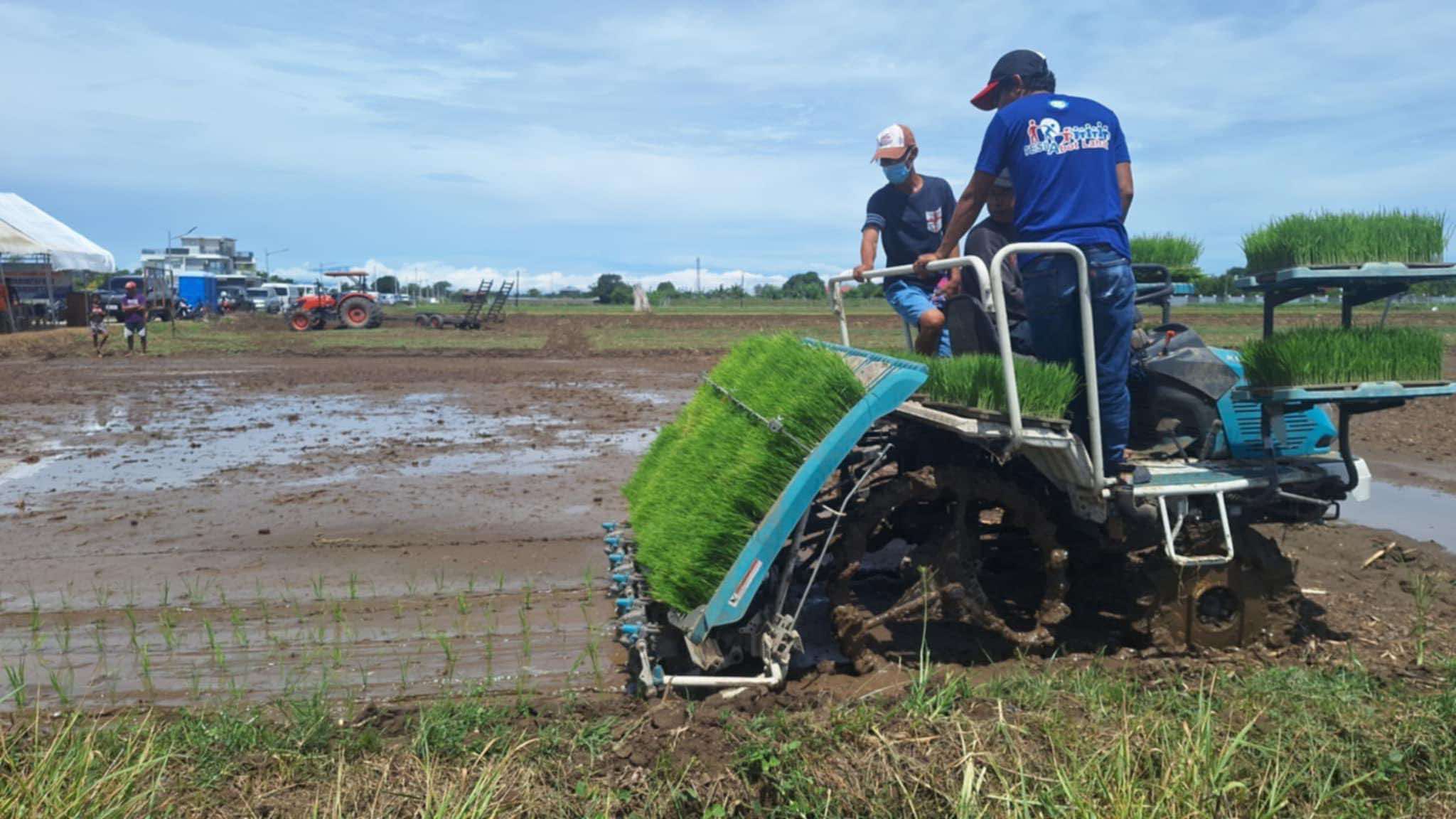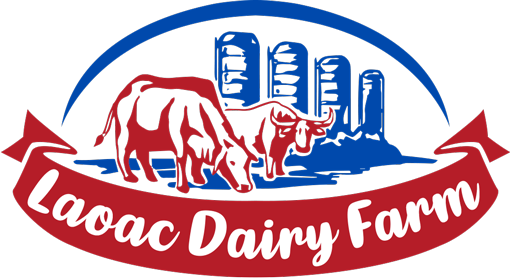LINGAYEN, PANGASINAN—Believing in the vital role of farmers being the key players in achieving sustainable food security, Governor Ramon V. Guico III further pushed for a pro-active convergence approach in agriculture via corporate farming.
Considered the present administration’s landmark project in agriculture, Gov. Guico is keen on beefing up the project to assist more farmers in the coming days.
“The simple story about corporate farming is that because it is more cost-efficient, a higher yield per hectare is achieved with a lower cost of production,” the governor said.
In 2022, the provincial government introduced the concept of corporate farming. In 2023, seven sites with 154.55 hectares produced a total of 773 metric tons of palay. This translates to more savings in farm inputs like fertilizer, water supply, and labor costs.
For January to June this year, the province has a palay production volume of 447,638.57 metric tons from the harvested 85,233.70 hectares last dry cropping season CY 2023-2024.
The province for corn production has reached 423,928.8 metric tons for yellow corn and 9,396.57 metric tons for white corn, or a total of 433,325.37 metric tons for the combined production of yellow and white corn. Productivity for the period is 7.2 metric tons per hectare for yellow corn and 4.2 metric tons per hectare for white corn.
It can be recalled that on July 7, 2023, the provincial Corporate Farming and Memorandum of Agreement signing with program partners, LGUs, and Farmer Cooperative and Association (FCA) beneficiaries was held in Binalonan town. This yielded positive results for farmers, causing them bigger earnings in the long run.
“Ibig sabihin, pag mas malaki ang iyong sinasaka, mas nagiging efficient yung iyong inputs at lumalaki yung output mo, yung yield. We have now 1,000 hectares. Pag pinagkaisa mo ang mga maliliit na kalupaan at pare-parehong variety and itinanim mo at kinukuha mo sa iisang supplier ang inyong binhi, ang inyong mga fertilizer, mas magkakaroon sila ng leverage upang bumaba ang cost naman ng pagbili ng mga inputs. At kung pare-pareho schedule, pare-pareho ang pagtanim, ang pag harvest mo, hindi iba-iba ang variety nila, naipakita namin na mas lumalaki yung yield, yung output,” the governor said.
Corporate farms, which often operate on a large scale, are considered economies of scale, which makes agricultural products affordable for consumers as well.
Moreover, the present administration, through the Provincial Agriculture Office, conducted various agricultural machinery technology demonstrations as part of continuing education and empowerment for farmer-beneficiaries under corporate farming.
This marked significant milestones in the province’s journey towards sustainable agricultural development and food production.
Headed by Provincial Agriculturist Dalisay A. Moya, in partnership with the Department of Agriculture, LGUs and other government agencies cohesively worked towards this end.
With agriculture as the province’s primary industry, the provincial corporate farming program served as a path to achieving the province’s goal of becoming a self-reliant and self-sufficient province.
Recently, the provincial government through OPAG spearheaded the distribution of financial assistance to a total of 4,876 farmers, fisherfolks, and families stricken by the El Nino phenomenon, evidence of the government’s support for farmers dubbed as today’s modern-day heroes.
(Chona C. Bugayong/PIMRO)























